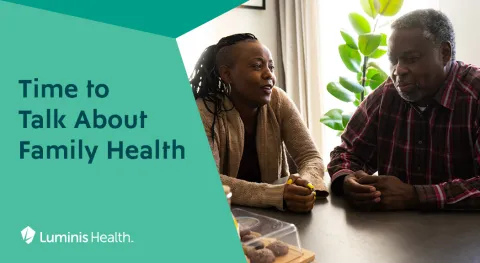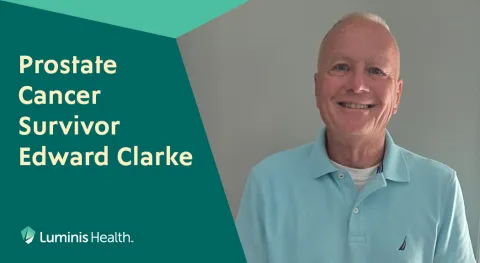Over the past 15 years, rates of new breast cancer have remained stable. However, breast cancer deaths have steadily declined, driven by improvements in many aspects of breast cancer care. The good news is that better treatment doesn’t necessarily mean treatment that is more aggressive.
In fact, during the same time period many breast cancer treatments have scaled back, and specialists are working hard to find even more ways to treat less while delivering better results.
Here are just a few ways breast cancer treatment has scaled back over the past decade:
Fewer lymph nodes removed. Most women with breast cancer need surgery to check the lymph nodes in the underarm for cancer cells. Usually, the surgeons will remove the first lymph nodes in a larger ‘web’ of lymph nodes under the arm. In the past, if any of the first lymph nodes had cancer, surgeons would remove all of the remaining lymph nodes as well. Unfortunately, the more lymph nodes that are removed, the higher the risk of side effects, such as swelling of the arm from backed up fluid. A few years ago, researchers proved that many women with cancer in the first lymph nodes do not need the remaining lymph nodes removed. As a result, surgeons are performing far fewer extensive lymph node surgeries, which has led to fewer complications for women with breast cancer.
Less radiation. In the past, women who had a lumpectomy needed six or seven weeks of radiation afterward to treat the rest of the breast. More recently, however, many women have options for less radiation treatment, sometimes taking as little as one week.
Targeted medical therapy. Medications particularly targeted at a more aggressive form of breast cancer, known as HER2 positive cancer, have dramatically improved survival. At the same time, women who receive these targeted treatments do not need as many chemotherapy drugs, so they experience fewer serious side effects.
These and other improvements in breast cancer treatment are possible because of scientific research studies. Locally, specialists at the Rebecca Fortney Breast Center at Anne Arundel Medical Center (AAMC) are also engaged in research to find ways to provide better care, while at the same time decreasing the side effects of treatment. Here are some of the exciting ways that research studies are moving breast cancer treatment forward today:
Exploring the possibility of doing no surgery for some breast cancers that have shown excellent response to chemotherapy. Some women with breast cancer benefit from receiving chemotherapy before surgery. Sometimes, chemotherapy can shrink a tumor so that the patient requires less surgery. On occasion, the final microscopic analysis of the breast tissue removed after chemotherapy will even show that no cancer cells are detectable. If doctors could accurately predict which tumors would have no remaining cancer after chemotherapy, some breast cancers that show excellent response to chemotherapy might not need surgery at all. These women might be treated with chemotherapy and radiation alone. Although the approach of not having surgery would not be safe today, research studies are underway to determine if and when an approach of no surgery might be appropriate.
Ultrasound to do less extensive lymph node surgery. Ultrasound, or sonogram, is a technique used to diagnose breast cancer in the lymph nodes before surgery. AAMC breast surgeons are studying information from ultrasound exams to tailor a patient’s treatment. Ultrasound may help to identify which patients with cancer in their lymph nodes should go to surgery, and which patients should start with chemotherapy prior to operation. For some patients, receiving chemotherapy prior to surgery may clear cancer from the lymph nodes, allowing the surgeon to remove fewer lymph nodes at the time of surgery. AAMC breast surgeons recently published research in the Annals of Surgical Oncology journal in this area in order to help specialists across the country improve their patient care.
With rapid changes in the field of breast cancer care, medical decisions are complex. Talk to your doctor about which treatment option is best for you.
We’ve seen amazing advances in breast cancer care in just a short time. I wonder what the next 15 years will bring?
Originally published Oct. 2, 2017. Last updated Oct. 21, 2019.





